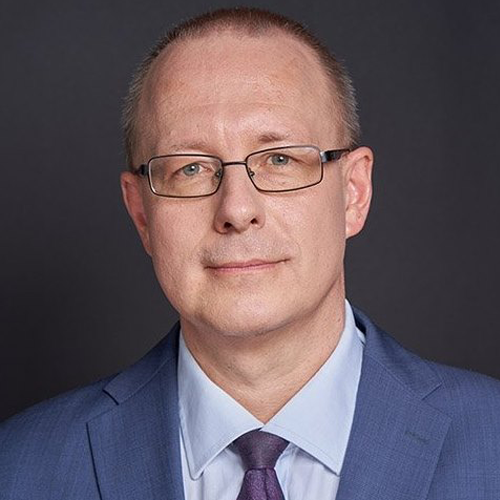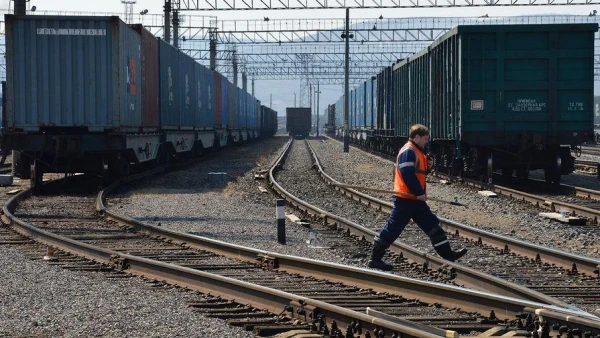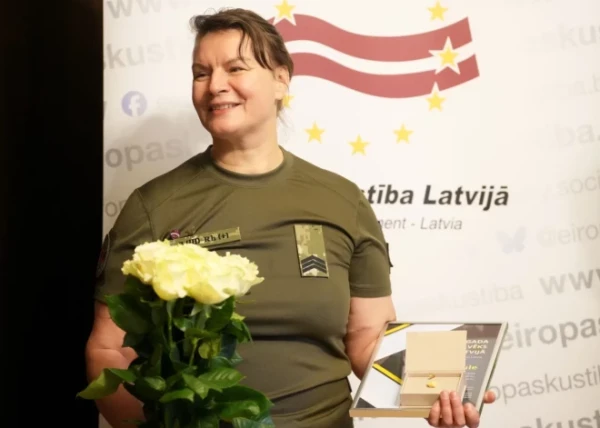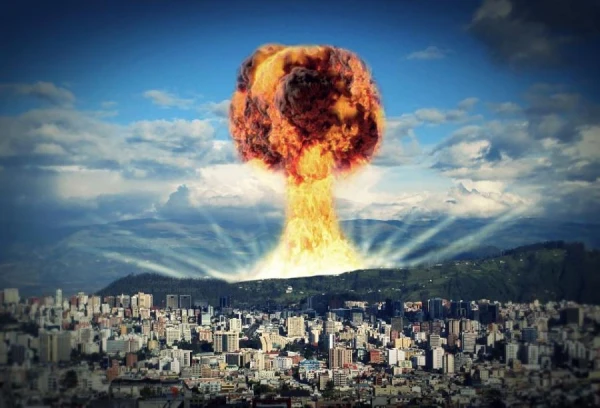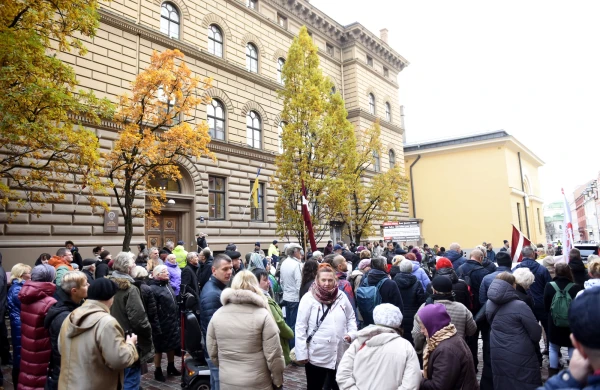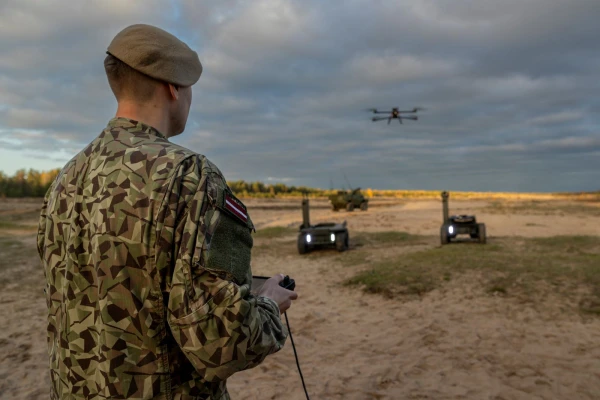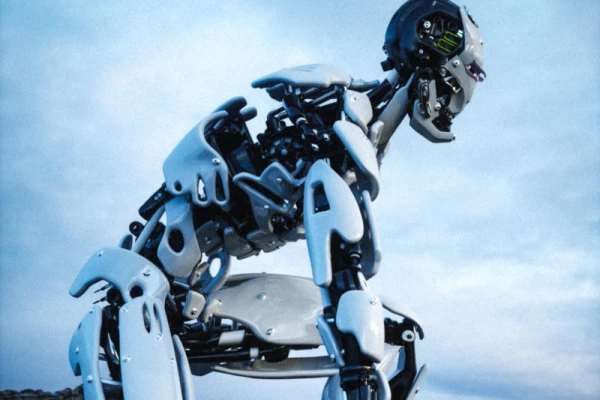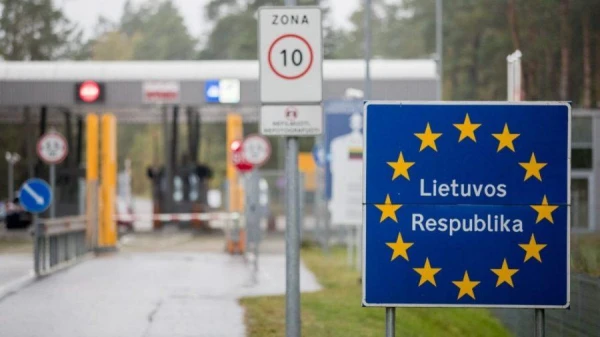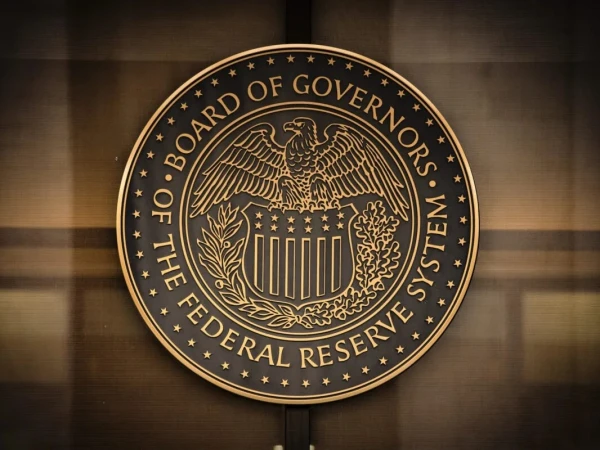
National commentators have significantly saturated their sense of self-importance, gossiping about Frau Chancellor Merkel — for her indulgence towards Putin. However, shouldn't we consider on what grounds Western European policy towards the former USSR was built in the first two decades of our century?
In 2002, a book titled "The Russian Empire and Its Enemies from the 16th Century to the Present" was published, authored by Dominic Lieven (1952). The British historian, a descendant of a famous Baltic German family, was a grandnephew of the illustrious Prince Anatoly Pavlovich Lieven, a leader of the White Army fighting for Latvia. During Margaret Thatcher's premiership, he served for 8 years on the Advisory Council on Foreign Policy.
"The Baltic Peoples Completely Rejected the Soviet Past"
Noting the break of the three republics from the previous legitimacy, Dominic Lieven stated: "Of all the former Soviet Union, only the Baltic republics, with Estonians leading and Latvians not far behind, have managed to achieve relative success in transitioning to capitalism."
In this statement, first of all, the precise and concise definition of the direction we were heading towards stands out. Against the backdrop of incantations about independence, democracy, and a market economy, Mr. Lieven clearly presented the very socio-political formation that for some reason the best minds of Latvia are now afraid to mention. Perhaps because we have now significantly lagged not only behind Estonia but also behind Lithuania in building this very thing?
As for the Russian minority, Lieven was quite detailed. He estimated its number in 1989 at 1.7 million for the three then-union republics — significantly more than the current population of Estonia and almost as many as in Latvia.
"The relations between the Balts and the Russians are generally uncharacteristic of typical post-imperial ones. The attitude of the Balts towards the Russians combines deep resentment towards Soviet imperial rule with an old-fashioned Protestant disdain for backward, sloppy Slavs in general. As for the Russians, today, when Russian national pride and dignity are humiliated at the state level, Russians can no longer feel any superiority over the population of their former colony. Although by the end of the 1990s, as the shock of 1991 passed and the Soviet legacy of political silence faded into the past, Russian communities began to raise their heads."
This is quite relevant to today's events, isn't it? Only our reader can judge whether a similar renaissance has dawned again or if it is still far off...
"Unlimited Right to Life and Work in the EU for All Russians"
In his extensive book (over 600 pages), D. Lieven made several direct recommendations for the EU. After all, "it was European influence that helped mitigate some of the most extreme discriminatory measures against the Russian-speaking minority — such as the annual naturalization quota for non-citizens proposed by Latvia or Estonia's intention to deny work permits to certain segments of the Russian community."
"Membership in the European Union, if granted to the Baltic republics," wrote a citizen of what was then the European United Kingdom 23 years ago, "should help the EU make an even greater contribution to the peaceful development of interethnic relations in the Baltics and to overall security in Europe."
The "relatively inexpensive" option for integrating Russians was, in the opinion of the British author, supposed to eliminate "the potential that could cause serious complications in relations between Russia and the West."
"Therefore, such a wise state action by the EU, warning against the emergence of future problems, seems very beneficial for both the residents of the Baltics and for Russians."
However, in our time, we see that European capitals and Brussels as a whole are absolutely indifferent to what is happening in our country — from the demolition of monuments to the prohibition of education, from the expulsion of undesirable elderly people to the exclusion of the Russian press from tax benefits. Nothing of this concerns the enlightened civilizers anymore: the war will excuse everything, the barn has burned down — let the hut burn too.
In this regard, the rather sardonic remark by D. Lieven seems more relevant than ever: "Between 1945 and 1991, the West's position towards the Baltic republics was completely unheroic, though inevitable. The EU has not always shown a willingness to stick its head out from behind its jelly-like shores to look at serious issues of European security."
"Russian Nigeria, Where Public Opinion Will... Be Against the West"
The historian Lieven's predictions regarding the future of the largest Slavic countries of the former USSR are particularly interesting. "The situation in many former Soviet republics is quite shaky, and an explosion can occur at any moment in any of them, which will naturally almost certainly destabilize the situation in neighboring republics, including Russia," the researcher wrote in the peaceful year of 2002. By that time, the war in Chechnya had ended, Moscow had extended a hand to Washington regarding the events of September 11, the Russian Federation had withdrawn its bases from Cuba and Vietnam, and the first Ukrainian Maidan was not even on the horizon.
"Ukraine, with its 52 million population, presents an even more complex and responsible problem," warned Dominic Lieven. "The relationship between Ukraine and Russia is unique.... The overwhelming majority of Ukrainians categorically reject the status of an ordinary autonomous republic within Russia... Additionally, the Donetsk-Luhansk region, where 16 percent of the population lives, is perhaps the largest dying industrial region in Europe. Conflicts between regional power centers do not mean that Ukraine is on the verge of collapse; however, they significantly complicate the implementation of harmonious (let alone radical) economic policies."
At present, when the geopolitically pinpointed conflict point in Eastern Ukraine, as identified by D. Lieven, has turned into a devastated battlefield, and the country's population has decreased by almost half from the aforementioned figure, his verdict sounds more relevant than ever: "Ukraine is by no means a Western capitalist society."
And here is another serious perspective from a quarter-century ago: "The identity of the residents of Eastern Ukraine appears quite undefined, and loyalty to any state is at a very low level. The high percentage of votes cast in December 1991 for independence was conditioned by hopes for prosperity that were supposed to follow... These hopes have not materialized, and if Russia is in a position to and wants to offer Eastern Ukrainians hopes for a better life, the union of Eastern Ukraine with Kyiv will dissolve like smoke, and Europe will face a very real danger of the largest crisis."
However, Dominic Lieven reassured: "The thought that Russia will again become great... to once again annex Crimea or Kharkiv seems completely impossible."
As we can see, the first of these positions has long since become a reality...
